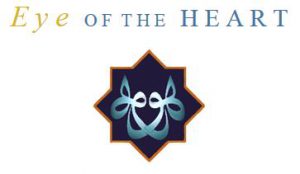
THRESHOLD SOCIETY NEWSLETTER ~ MAY 2018
***
May Theme
Real Love has no limits; it is not defined by “like” or “dislike.”
We welcome your reflections on this theme.
***
The Nature of Prayer/Supplication
~ Shaikh Kabir Helminski
 Prayer is the process in which we awaken our latent divine qualities by focusing our brain waves. The power of prayer comes from the divine names that are latent in our being. The prayer of a Prophet for his people is an immense prayer; perhaps, it is as if the whole people had prayed through him. Unity brings strength: “When three people come together and pray, Allah will not decline their prayer.” Abu Nu`aym.
Prayer is the process in which we awaken our latent divine qualities by focusing our brain waves. The power of prayer comes from the divine names that are latent in our being. The prayer of a Prophet for his people is an immense prayer; perhaps, it is as if the whole people had prayed through him. Unity brings strength: “When three people come together and pray, Allah will not decline their prayer.” Abu Nu`aym.
Some people say Allah knows our every need, but there are also hadiths that say:
“Ask everything from Allah, from the strap of your horse to the grass of your sheep.” Tirmidhi
“Ask from the bounty and generosity of Allah for Allah likes to be asked.” Tirmidhi
“Indeed, Allah loves his servants who pray with persistence.” Tirmidhi, al Hakim
It is also worth mentioning that there are optimal places for prayer — Mecca, Medina, the Mosque of Ayyub Sultan, the Huzur of Mevlana, the Turbe of Shams — places where the energy of the person buried there or the magnetic field of the particular location adds to the vibration of the prayer.
The most effective prayer is the prayer that arises from our essence after the false self, the ego identity, has been erased. The next important factor is to persist in the prayer. Never imagine that the need for persistence means that the divine is not hearing you.
***
Reflection on April’s theme:
Presence is just the beginning; but with presence the empathy of the heart can awaken.
~ Arzu Ozkan [California, US]
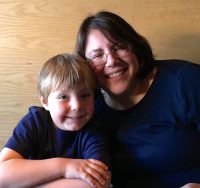 Bismillah ar-Rahman ar-Rahim (In the name of God, the embodiment of Compassion, the Merciful.)
Bismillah ar-Rahman ar-Rahim (In the name of God, the embodiment of Compassion, the Merciful.)
I remember as a little kid, every time I caught a reflection of myself in my mother’s eyes, I was overwhelmed with joy and surprised at the detail and extent of the image I could see. I would move my head up and down, side to side, keeping my eyes focused right on my mother’s eyes, mesmerized by the tiny image of my face reflected in her brown eyes. Although a part of my childhood was filled with pain and sorrow, my mother’s eyes were like windows into a land of refuge: a land of love, safety, and comfort. She always knew what to say, how to make me feel better. But looking back, it was more than making me feel good or comfortable. I felt understood in her eyes. I felt seen. When she was cleaning and bandaging my bleeding knee, it was as if my knee was her own knee, and perhaps my knee was so much more important and valuable than her own knee. I felt received. I felt happy. I found refuge.
A part of my soul dried up and became like barren soil in a desolate desert, cracked and lifeless, when my mother passed away in 2001. It was not until eleven years later, in 2012, that the reflection of myself came to light again, this time in my son’s newborn eyes. Now, the tables were turned and I was to be for him a place of refuge. His knees are as worn-out as mine once were, covered with scrapes, cuts, and bruises from his many falls in kindergarten. When he runs to me crying, his tears like crystal beads rolling down his rosy cheeks, I kneel down and look straight into his eyes. And wonder if I could ever make him feel as loved as my mother once made me feel, and if I could ever make him feel the refuge of home.
Home is where the heart is, they say. Your home will always be the place for which you feel the deepest affection, no matter where you are. Each year, just like thousands of visitors from every corner of the world, we are drawn to a dome with beautiful modest green tiles in a rose garden in Konya. A miraculous magnetic pull brings all of us to Hazrati Mevlana Jalaluddin Rumi, a place of refuge.
After traveling thousands of miles, when we reach Konya, our patience just runs out, and there is no time to check into the hotel; our first stop is Hazrati Shams! The grounds are quiet. When the double winged doors open, a gentle breeze welcomes us with a kiss. Words cannot say, only silence can say all Hazrati Shams tells us. Walking from Shems’ mosque to Hazrati Mevlana’s tomb, the residents of Konya look unaware of the surging sea of emotion the newly arrived feel.
At last, we are home. There are many to greet, but my eyes fall on the well-worn threshold stone at the main entrance by the Silver Door. The black and white grain of the marble mingles in ever changing contours. What a lucky stone, I think to myself! I admire its softness, its curves, its servanthood and dedication to holding the space for all guests to enter into the Kabaa of Lovers. I bow and ask permission to enter. Greeting everyone and everything beyond the double doors, I take a step forward with my right foot, and gently cross over the threshold without ever stepping on it. It is a long journey from the door to Hazrati Mevlana’s huzur (presence). Sometimes, there are so many pilgrims inside that one gets caught in a fast flowing stream of people and quickly arrives right in front of Hazrati Mevlana’s sarcophagus in the heart of the green dome that is the heart of the rose garden.
In my heart, in his presence, my dried-up barren soul becomes moist with fresh teardrops pouring down from my eyes, as my body stands upright like an elif. What are seconds, minutes, hours in the refuge of His presence! What are tears, heartbeats, heartaches in His presence! In His presence, our damned-up rivers burst forth. We are like millstones, and He is our water. We are like dust and He is our wind. The wind is hidden while the dust is plainly seen. We are His lush garden and He is the invisible spring.
And sometimes, there are my friends and my beloved teachers with me in Hazrati Mevlana’s huzur. So much is happening; our eyes meet, tears pour, and we smile. It is a great honor and a rare privilege to meet Hazrati Mevlana beyond my Shaikh’s eyes. His love pierces through my heart. His eyes are holding images of all of us. We feel seen. We feel loved.
And other times, my son dashes through the double doors; I too, running after him. He runs straight to his namesake Ulu Arif Çelebi, Hazrati Mevlana’s grandson. He can’t contain his excitement, neither can I!
Sitting in the rose garden outside, I pull the Mesnevi and a handful of grapes I bought from a street vendor out of my backpack. I gently kiss the book and ask for wisdom. The page opens to these lines:
If spirituality could just be said
The universe would not have been created
If love consisted all of meaning and thought
The form of your fasting and prayer would be naughtThe gifts that friends give to each other in love
Are nothing but forms when compared to their love
So that the gifts may offer testimony
To feelings of love concealed in secrecyFor acts of kindness bear witness outwardly
O wise one, to the love that’s felt inwardly(Rifai/Holbrook, 2663-68)
The ezan summons me, and I hurry back to Shams’ mosque. The sun is setting. Like a dervish, the sun is lit up with ever-changing, ever-brilliant colors of pink, red, and orange; it bows to Hazrati Mevlana and the colors fade behind the clouds, gently stepping back towards the threshold of the night.
~ Arzu is a lover on the Mevlevi path, lives in California with her son Arif John and husband Eric.
***
Trust in God
~ Dr. Hamida Battla
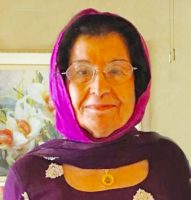 We humans have a problem trusting the Almighty. When we are in trouble we want to solve the problem by ourselves. The formula works like this:
We humans have a problem trusting the Almighty. When we are in trouble we want to solve the problem by ourselves. The formula works like this:
- We have a problem; we try to do our best to solve it.
- So, having faith, we pray to God to solve this problem for us.
- Then we leave the results in the Hands of the Almighty.
The result may be immediate (as in the case that follows), or delayed, or God may modify our request. However, the three steps above will free us from all unnecessary worries, suffering, and misery.
Example of the three steps from Quran:
When Prophet Musa (pbuh) was leading out the children of Israel from Egypt, they were followed by Pharaoh (the superpower of his time) with his mighty army. The Children of Israel looked and saw their enemy approaching. In front of them was the Red Sea, behind them was Pharaoh and his army.
The Quran describes the scene in brief, simple, precise words.
- When the children of Israel saw Pharaoh and his army they said “Indeed we will be overtaken.”
- Musa (pbuh) said, “Nope. No way.”
- “My Lord is with me and He will guide me.”
- That is when the command came from God: “Strike the sea with your staff” and it split in two.
- Musa (pbuh) and the children of Israel safely crossed the ocean.
- Pharaoh and his troops were drowned.
Summary: Problem, Action, Prayer, Trust in God.
***
Ninety-Nine Names of God eCourse
A Journey of Discovery and Renewal
May 14 – Jun 15
Shaikha Camille Hamilton Adams Helminski
& Daniel Thomas Dyer
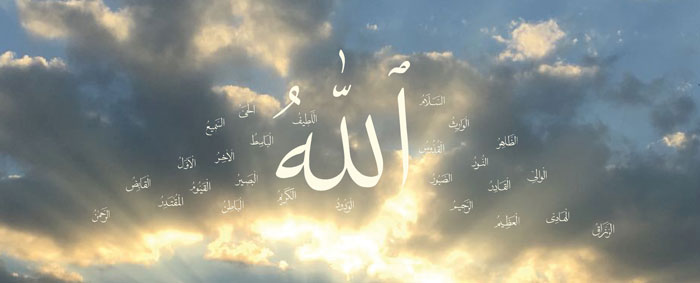
This 15 session course is intended to explore the Qualities or “Names” of God, intrinsic to the Islamic tradition, in their interplay in our lives, as a doorway to self-knowledge and intimacy with our Sustainer, a journey of discovery and renewal. Especially during the coming month of Ramadan when our material food is limited for those who are fasting, focusing with these Qualities can provide substantial nourishment in other realms—for heart and soul, for anyone who engages with them in yearning for a deeper connection with Enlivening Spirit.
Register now on Spirituality & Practice.
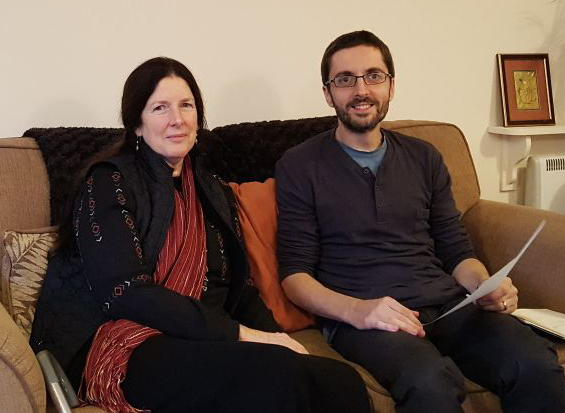
The course is based on material from the following books:
The Ninety-Names of the Beloved by Camille Hamilton Adams Helminski
The 99 Names of God by Daniel Thomas Dyer
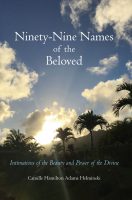
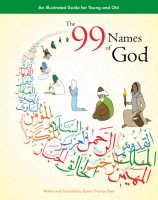
***
Preparing for Ramadan

Ramadan has so many dimensions: purification, sacrifice, community, the still and subtle emptiness of the heart. It reorients us in so many ways. Ramadan is less something that we do—instead it is a force field we enter and are transformed by. But it does take intention and effort on our part. If we can, we participate in the fast. Perhaps we also find other intentions, new aspects of awareness that become part of this sacred time. I’d like to share something I’ve learned.
There are some things we habitually give our attention to that drain us, or reduce our spiritual attunement, things that we take for granted as aspects of modern life: the media, entertainment, the internet. If we pay careful attention to the state that is created as a result of our communing with these sources and how much time we give to them, we might learn something important.
Conversely, if we pay attention to the state we experience when we turn toward trusted spiritual sources, we may begin to discern a significant difference. Some things drain us and some things replenish us.
Ramadan is a time to notice what we give our attention to, what energizes us, in contrast to what drains us of joy, love, peace, hope.
The Invisible Rain of Ramadan
Ramadan comes glowing
after night’s long hours.
Ramadan comes to earth
thirsting for fresh rain.
Ramadan comes like a friend
embracing with strong arms.
Ramadan opens the door
of our invisible home.
~ Kabir Helminski
***
Spirit of Ramadan
Sohbet with Shaikh Kabir on the spirit of Ramadan (from 2017)
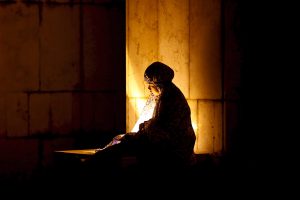
***
Project on Dreams
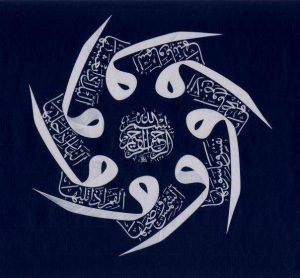 Jeremy Henzell-Thomas, whom some of you may know from the talks he has given over the years at Threshold Society retreats in the UK, is planning to write a book on dreams. The focus of the book will not be on ‘psychological’ dreams that highlight psychological ‘issues’ that call for personal ‘psychoanalytic’ interpretation, but on metaphysical dreams that convey a message of guidance or illumination to fellow seekers. If you would like to relate any dreams which you consider are of this type and are open to having any of them and your own comments included (anonymously) in Jeremy’s book please feel free to contact him at jeremyht66@hotmail.com. Many friends in the Threshold Society have already expressed a keen interest to do so, and all are welcome.
Jeremy Henzell-Thomas, whom some of you may know from the talks he has given over the years at Threshold Society retreats in the UK, is planning to write a book on dreams. The focus of the book will not be on ‘psychological’ dreams that highlight psychological ‘issues’ that call for personal ‘psychoanalytic’ interpretation, but on metaphysical dreams that convey a message of guidance or illumination to fellow seekers. If you would like to relate any dreams which you consider are of this type and are open to having any of them and your own comments included (anonymously) in Jeremy’s book please feel free to contact him at jeremyht66@hotmail.com. Many friends in the Threshold Society have already expressed a keen interest to do so, and all are welcome.
***

Threshold’s collaborative blog channel The Living Tradition on Patheos.com is reaching new audiences and sharing the experiences of our community in a unique and vibrant way.
Let us know what you think by commenting on the posts — join the discussion at www.patheos.com/blogs/livingtradition and “follow” The Living Tradition.
Recent articles:
The Many Directions of Prayer by Anna Rohleder
***
Holistic Islam, The Audiobook
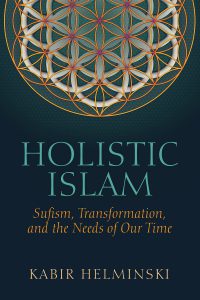
Read by its author Kabir Helminski [also now available on Kindle].
***
Recent Publications
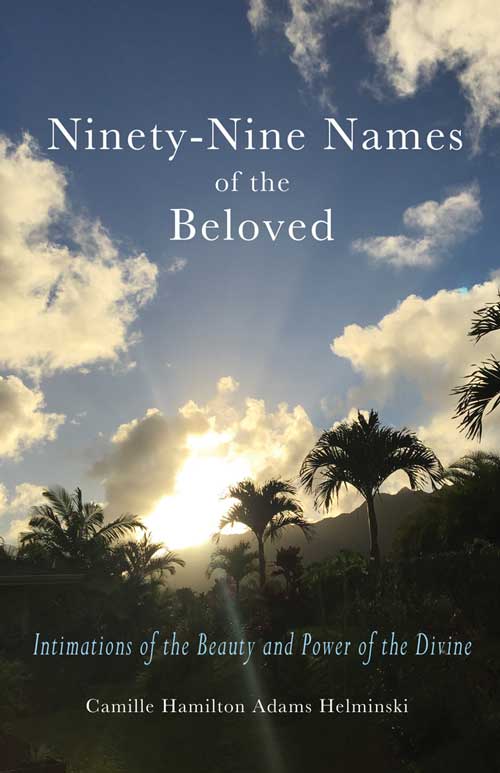
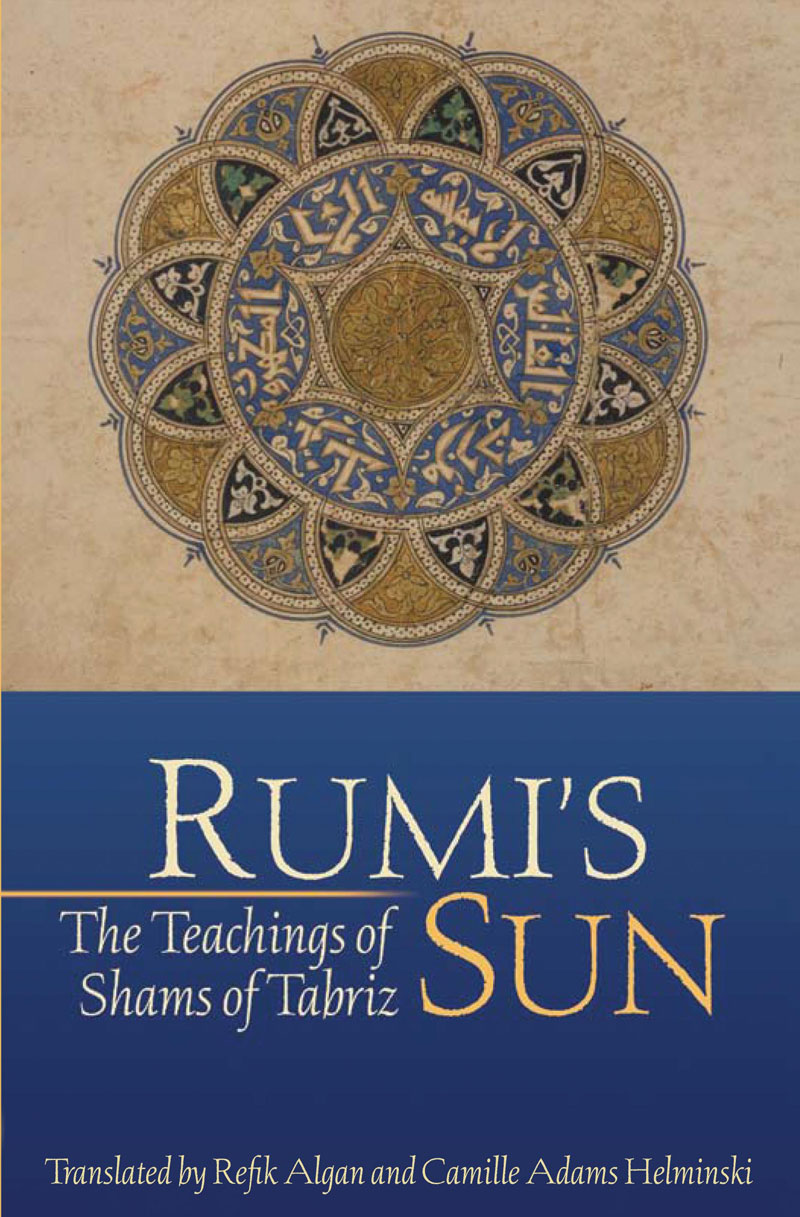
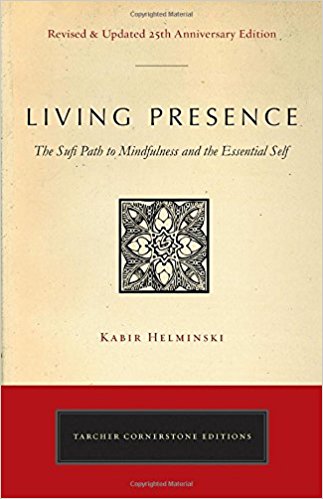
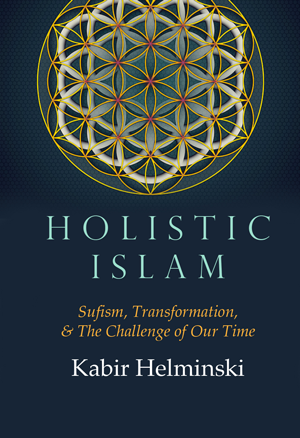
We encourage you to leave reviews on Amazon.
***
Calendar
May 15: Ramadan
May 14 – Jun 15: Ninety-Nine Names of God online e-course through Spirituality & Practice, register now (C)
Jun 15: Eid al-Fitr
Jul 7-8: Bradford, UK. Shaikh Kabir will be presenting at the Bradford Literature Festival (K)
Rumi and the Mystery of Being Human, book your tickets
Holistic Islam, book your tickets
Aug 24-27: UK Annual Retreat, Gaunts House, Dorset. Registrations open in July (KC)
Events with Sh. Kabir and Sh. Camille marked (KC)
***
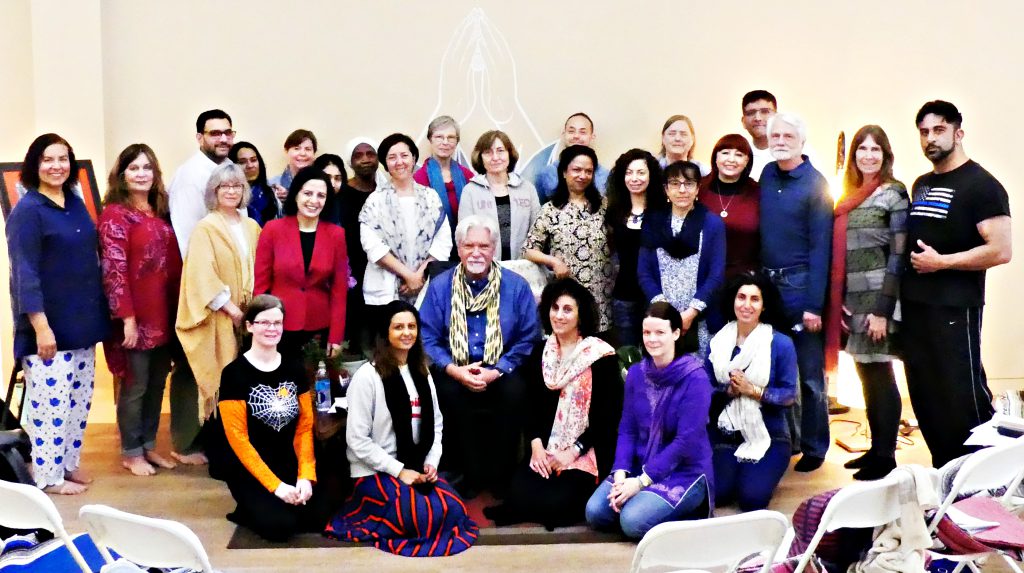
Virginia retreat with Shaikh Kabir
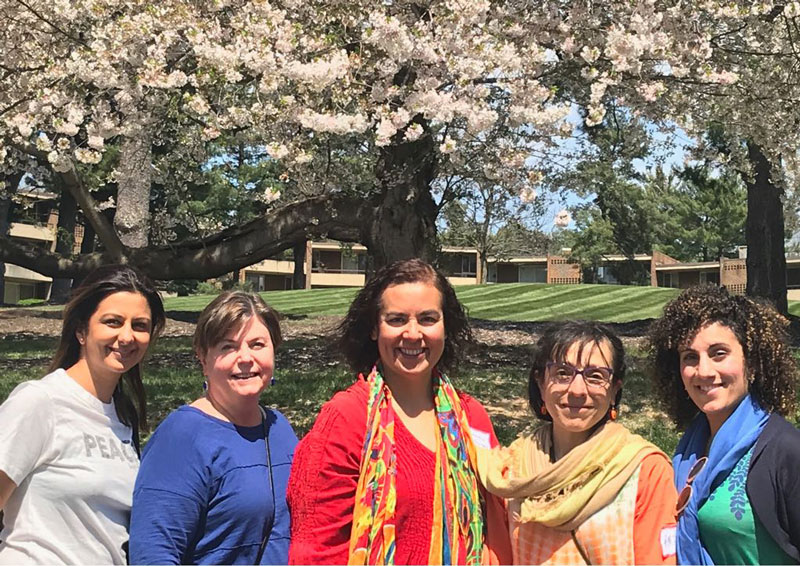
Virginia retreat friends
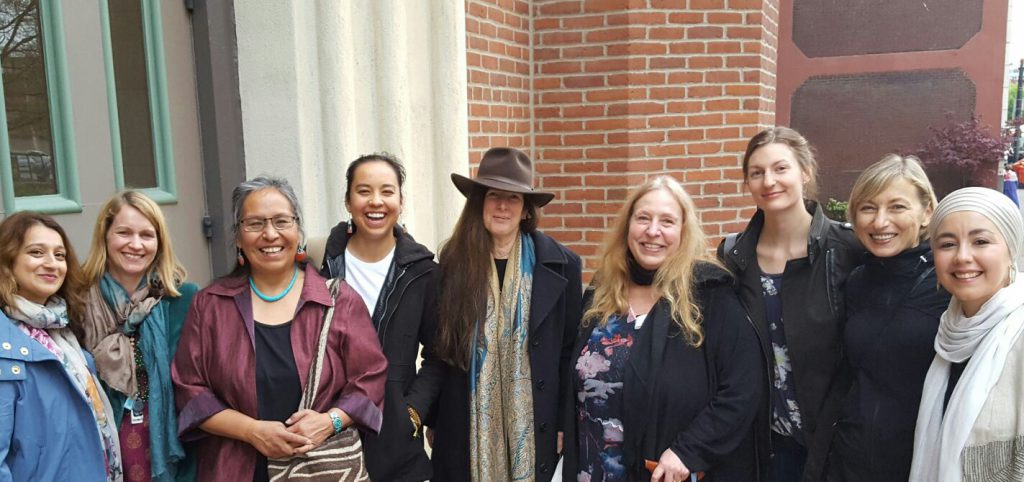
Shaikha Camille with “Woman Stands Shining’ Pat McCabe and her daughter Lyla June Johnston,
teachers of the Navajo Nation, Elizabeth Anne Hin of the White Rose Foundation,
and Kenza Isnasni, humanitarian activist and founder of Marrakech Organics,
with friends at the Festival of Faiths, Louisville
***
Ramadan
O moon-faced Beloved,
the month of Ramadan has arrived.
Cover the table
and open the path of praise.O fickle busy-body,
it’s time to change your ways.
Can you see the one who’s selling the halvah;
how long will it be the halvah you desire?Just a glimpse of the halvah-maker
has made you so sweet even honey says
“I’ll put myself beneath your feet, like soil;
I’ll worship at your shrine.”Your chick frets within the egg
with all your eating and choking.
Break out of your shell
that your wings may grow.
Let yourself fly.The lips of the Master are parched
from calling the Beloved.
The sound of your call resounds
through the horn of your empty belly.Let nothing be inside of you.
Be empty: give your lips to the lips of the reed.
When like a reed you fill with His breath,
then you’ll taste sweetness.Sweetness is hidden in the Breath
that fills the reed.
Be like Mary—by that sweet breath
a child grew within her.[Pocket Rumi, Nevit Ergin with Camille Helminski]
***
We’d love to hear from you – get in touch at eyeoftheheart@sufism.org
***
Find out how to support the work of Threshold Society.
***
Receive this newsletter by email: sign-up here.

